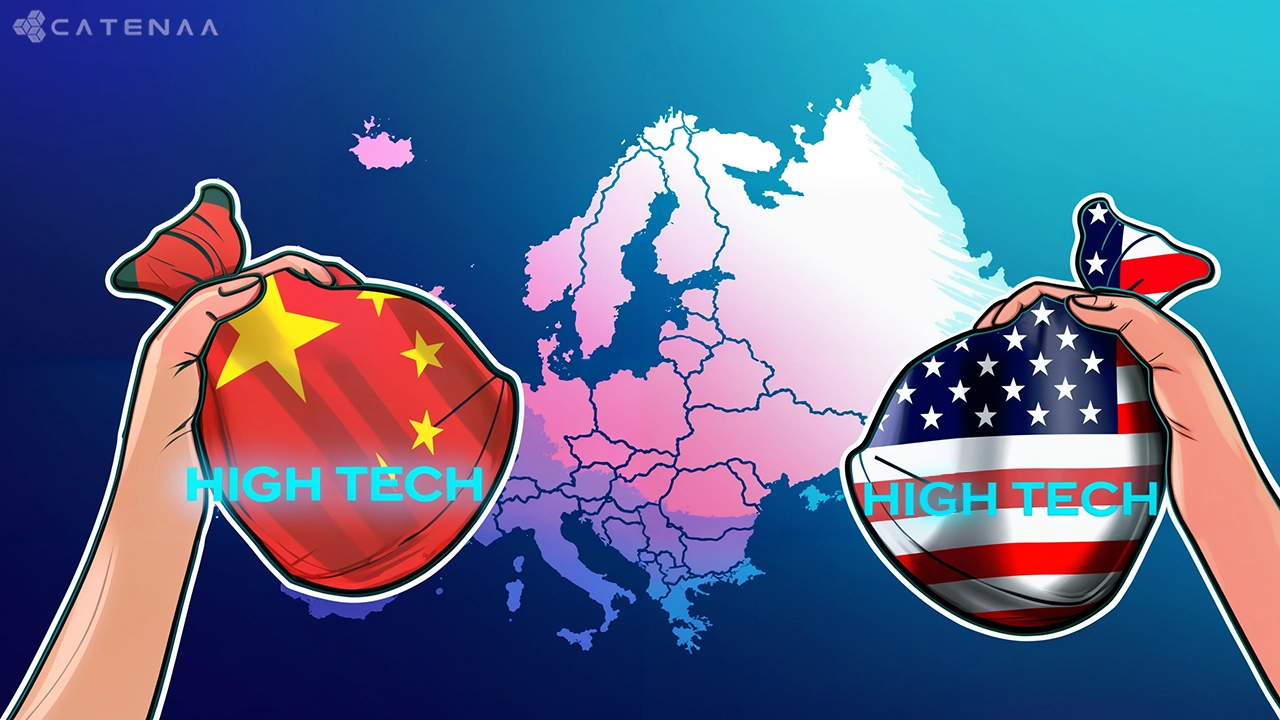Catenaa, Wednesday, June 25, 2025- The Berlin Summit 2025 brought together European leaders and experts to address the continent’s deepening reliance on US and Chinese technology giants, highlighting the urgent need for digital sovereignty amid mounting geopolitical and technological challenges.
Attendees highlighted how Big Tech’s dominance extends beyond market control to governing critical digital infrastructures like cloud services, AI innovation, and data flows, threatening state authority over healthcare, education, and security sectors.
Europe’s dependence on these foreign platforms embeds its companies within ecosystems controlled externally, limiting European strategic autonomy.
Though regulations like the Digital Services Act exist, the summit criticized Europe’s failure to scale homegrown technological alternatives effectively.
Delegates called for unified efforts to build proprietary digital infrastructure, promote public platforms, and support socially responsible innovation, emphasizing public procurement as a key lever. The cultural challenge of user dependence on global platforms was also noted as complicating regulatory efforts.
Globally, the US pushes digital currency expansion and deregulation, while China promotes open tech standards to boost geopolitical influence.
Europe faces hurdles due to fragmented markets and institutional inertia, weakening its competitive position.
Concluding the summit, participants agreed that digital sovereignty must be pursued as a comprehensive social project requiring collaboration among governments, industry, academia, and civil society to reduce Europe’s dependency and assert control over its digital future.


